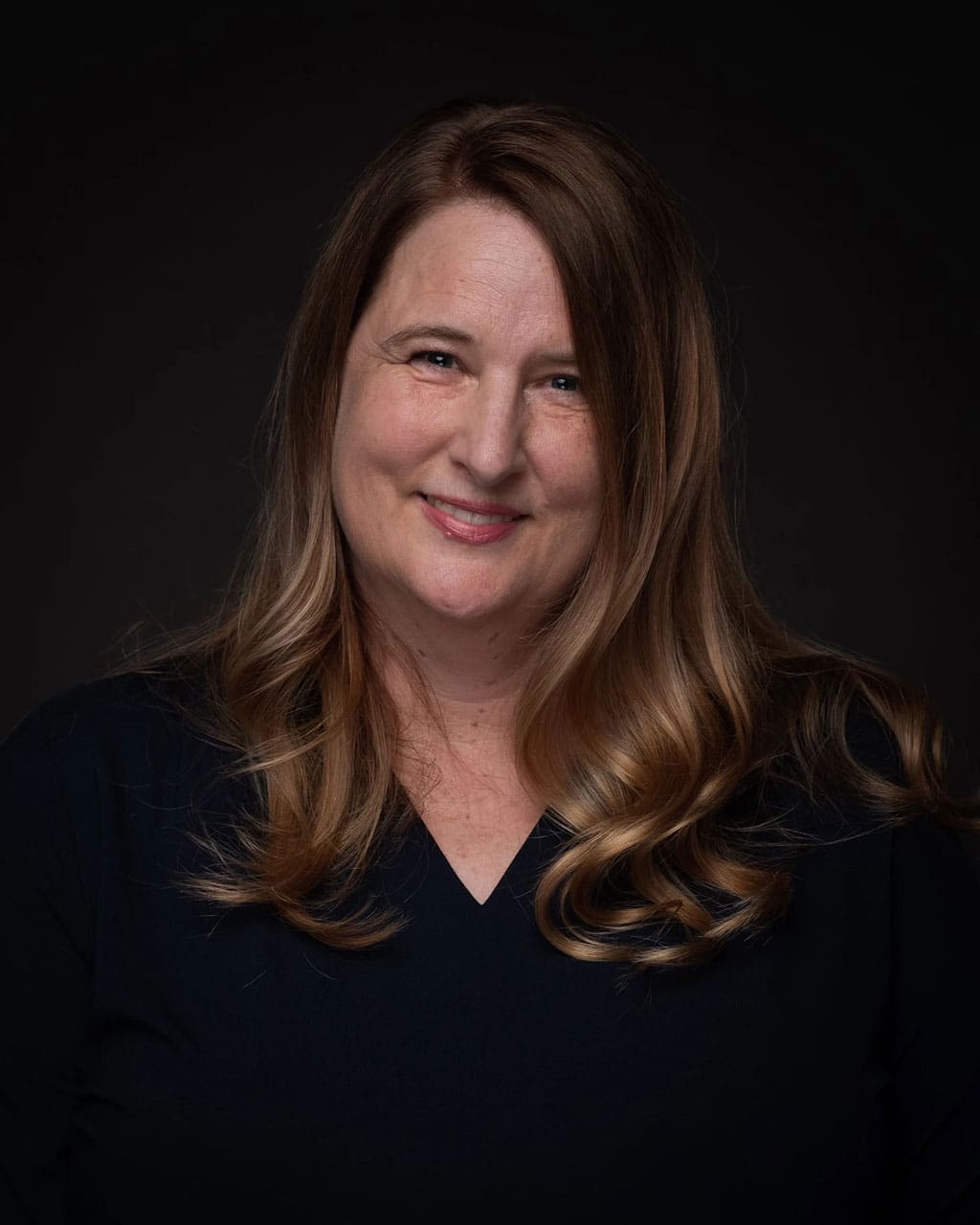Accessibility As the Secret to a Stronger Bottom Line

What all leaders know: Your talent is key to your company success. But did you know that up to 1 in 4 of all adults have a disability at any given time? Some are permanent, some temporary. Some are life-long, some acquired later in life. Some are physical, some cognitive, some are psychological. Most you would never know about unless your employee told you. But they are there.
Our workplaces are rarely designed with the full range of our working population in mind. The result? The hidden costs of access barriers drain the talent pipeline, wasting precious time, energy, and resources.
Here’s the flip side: Accessibility is one of the hidden secrets to the success of your company.
You have several key leverage points at your disposal to build a company culture that is not only compliant with federal and state legal requirements, but also accessible for all your employees. Because accessibility considerations fuel innovations that benefit all employees, this is a chance for a win-win-win.
Examples are everywhere. Here are just a few:
- Comprehensive documentation on workflow processes – both in print but perhaps also in video formats – not only support neurodivergent employees, but they also make onboarding easier for all new team members.
- Proactive meeting accommodations – including recordings, captions, agendas sent ahead of time, and meeting notes for all – facilitate meeting participation for all employees, including those who are deaf or hard of hearing, or who may be unable to be present due to a medical emergency for them or for their child.
- Attention to “infowhelm” – be it overloading content on slides, emails, or other internal mechanisms – can serve as a support for employees with reading disabilities as well as mental health conditions. Mindful attention to white space, color contrast, and font choices can go a long way to staying focused on the task at hand.
Here’s what my research and experience has led me to understand about the role of accessibility in any organization, but particularly in business:
Unless we can be present to ourselves, to ideas, and to others, we are not in an accessible space.
In other words, disconnection is the enemy of access. Disconnection can be literal — I cannot hear or see you — or it can be emotional, informational, or to a common purpose. But we are all in this together; if we can make meaningful connections in our people spaces, then we are working towards authentic and efficient use of our talent.
When thinking through accessibility with teams, I further emphasize the underlying assumptions that go into the design of an accessible workplace:
- Access is not the burden of disabled people.
Time and again, disabled people and their families bear the brunt of inaccessible spaces. The additional time, cost, and barriers to opportunity that disabled people face is burden enough. Placing the responsibility for access on top of that is simply not access. So, when we charge disabled people with the responsibility of identifying needs, advocating for accommodations, and managing all the logistics behind access, it is not access. Accessibility is the responsibility of us all. - Access is more than accommodations.
Accommodations are inherently transactional; a disabled person puts in a request, the system responds with an answer, and access is granted. Although accommodations are an essential and non-negotiable part of accessibility, they are just a starting point. The challenge arises when accommodations become the end point, and there is little consideration of what happens outside of that request fulfillment process. To parallel the phrase, “Culture will have your strategy for lunch” — without an accessible mindset, accommodations offer only a limited positive impact on overall inclusivity. - Access must be intentional.
Access does not happen by accident. Because so much of our world is built without disability in mind, we must actively work to achieve accessibility. It takes time, awareness, care, and intention to address these deep-seated barriers.
If you’re looking for ways to facilitate an accessibility mindset in your business, Disability Is Human book and Official Workbook offer you insights, strategies, and ways to facilitate meaningful conversations with your team. With these resources, you can create your own action plan or adapt the materials to your own team planning context. Your team and your bottom line will thank you!
————-
Written by Stephanie W. Cawthon, PhD.
Have you read?
Best Countries to Invest In Travel, Tourism, and Hospitality.
Most Forested Countries In The World.
World’s Most Fashionable Countries.
Best Non-Native English Speaking Countries In The World.
Bring the best of the CEOWORLD magazine's global journalism to audiences in the United States and around the world. - Add CEOWORLD magazine to your Google News feed.
Follow CEOWORLD magazine headlines on: Google News, LinkedIn, Twitter, and Facebook.
Copyright 2025 The CEOWORLD magazine. All rights reserved. This material (and any extract from it) must not be copied, redistributed or placed on any website, without CEOWORLD magazine' prior written consent. For media queries, please contact: info@ceoworld.biz








